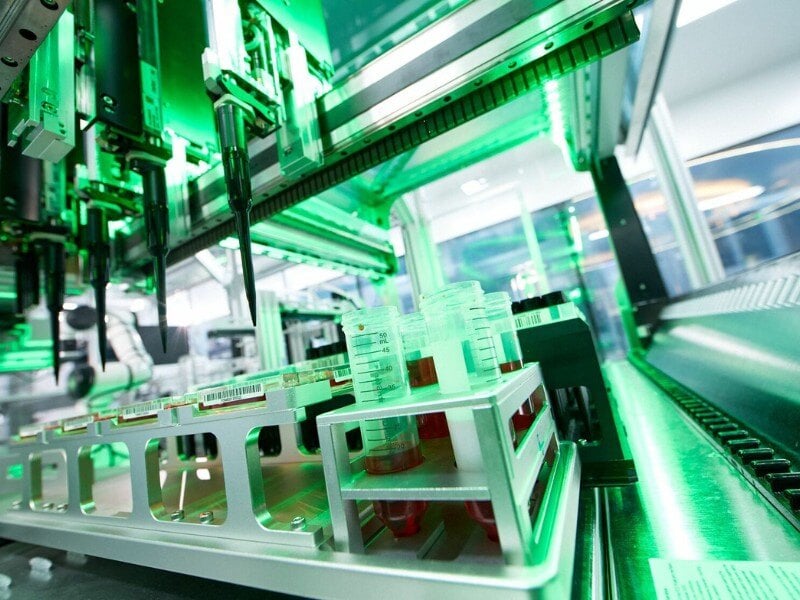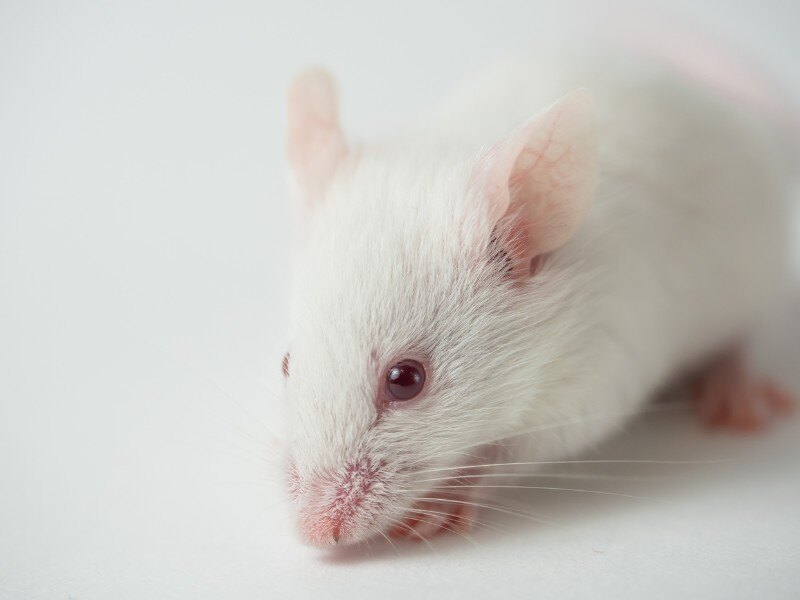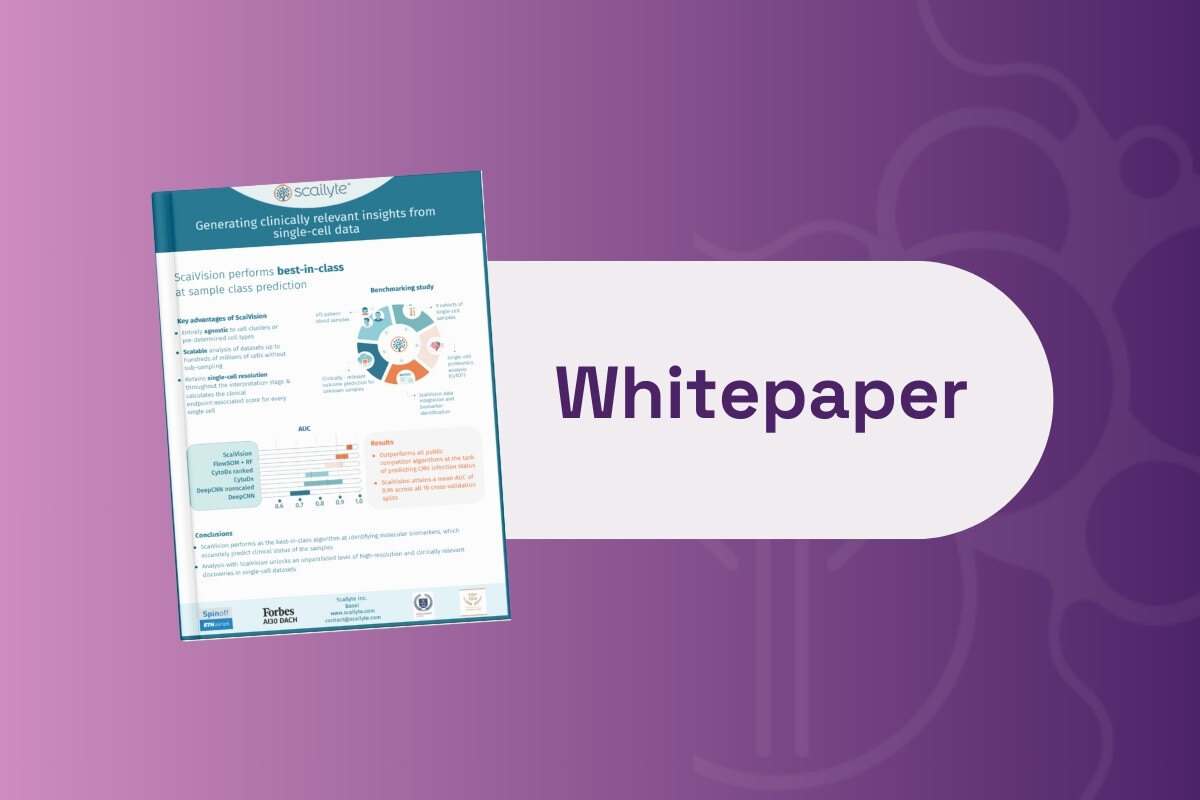Insilico Medicine and Inimmune Pen Collaboration for AI-Powered Immunotherapy Discovery

Global biotech Insilico Medicine, which uses artificial intelligence (AI) to power drug discovery, will collaborate with Inimmune, a Montana-based biotech developing next-generation immunotherapies, to discover and develop small molecule cancer immunotherapies.
The partnership will see the use of Insilico’s platform Chemistry42 to generate and design small molecule therapeutics with the power of generative AI.
The two biotechs have already begun their collaboration, with Inimmune using Insilico’s platform to overcome specific hurdles in its drug discovery process. Chemistry42 allows its users to generate novel template molecules for desired targets. It can also evaluate features like efficacy, metabolic stability, synthetic difficulty, ADME (Absorption, Distribution, Metabolism, and Excretion) properties, and selectivity of the molecules.
Related:
- Exscientia and Amazon Web Services Join Forces to Maximise the Potential Of Generative AI in Drug Discovery
- Finding New Immunotherapy Targets for Solid Brain Tumour CAR Ts with RNAseq in Cancer-Specific Exons
- New Trailblazer Profluent Launches its AI-enabled OpenCRISPR-1 to Edit the Human Genome
Inimmune have used these capabilities to generate promising lead compounds for a variety of targets involved in biological pathways of interest. Insilico’s platform was also able to provide feasibility assessment of these leads which returned insights about which compounds were most likely to be safe, stable, and efficacious.
Hugo de Almeida, Application Scientist and CADD Specialist at Chemistry42, said that: "It was a pleasure working with Inimmune.”
He continued: “It's clear to me that they are very committed to incorporating state-of-the-art tools to discover new compounds and improve patients' lives. Their interest in AI and generative chemistry resulted in good communication, enabling us to identify their challenges and provide solutions to generate new ideas that will hopefully help them discover new drugs."
Reports of success in using the platform, and a more efficient drug discovery pipeline have led to a continuation of the initial partnership. A press release reads: “This initial success laid a strong foundation for ongoing collaboration, demonstrating the value of integrating AI-driven platforms like Chemistry42 into the drug discovery pipeline.”
"Having completed our trial and the initial round of compound generation, we are now advancing to the synthesis and biological testing phase. We are pleased to maintain our access to Chemistry42, as it allows us to efficiently evaluate and prioritize the compounds for synthesis," said Ahmad Junaid, a senior scientist at Inimmune.
"We look forward to accelerating the delivery of innovative vaccines and immunotherapies for unmet medical needs through transformative AI-driven approaches that streamline the drug discovery process and improve the quality of compounds."
Inimmune now plan to further develop the Hits that were returned from their round of in silico screening. They have plans to run two or three additional rounds of optimisation which will hope to improve their efficacy, before moving on to additional synthesis and testing.
Chemistry42 will also come in handy during these rounds of optimisation, as the platform has additional algorithmic tools to refine the molecular makeup of lead candidates for improved performance.
The two companies hope that their collaboration is just the beginning for AI-assisted drug discovery. The emergence of further therapies discovered in this way indicates a reduction in the time and resources it takes to produce the next generation of immunotherapies. They hope that this improved efficiency will mean more and more effective treatments on the market faster and at a lower cost.
Noting the future of their collaboration with Insilico, Alan Joslyn, CEO at Inimmune said: "The initial success we've seen with Chemistry42 is just the beginning. By leveraging their cutting-edge technology, we're able to refine our lead compounds further and address key challenges in our SAR campaigns, ultimately driving us closer to bringing innovative therapies to patients."






